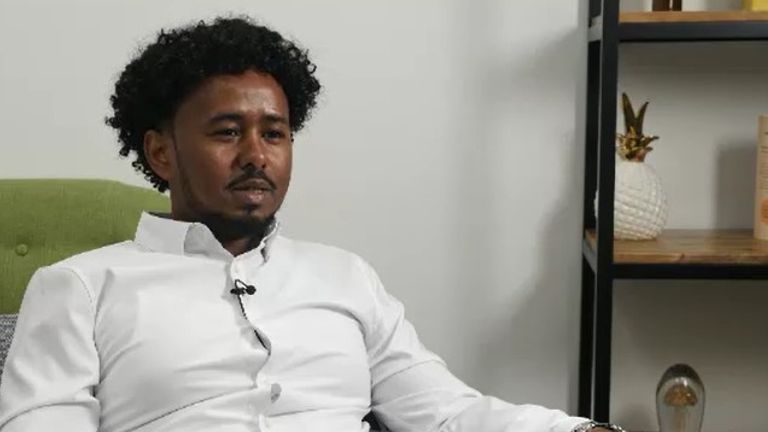Refugees losing ‘hope for future’ due to higher education hurdles in UK
UK education is failing to support refugee and asylum-seeking children progress into higher education, says an advocacy charity.

UK education is failing to support refugee and asylum-seeking children progress into higher education, says an advocacy charity.
Refugee Education UK says the annual number of enquiries made to its education advice service for refugee and asylum-seeking young people has “noticeably increased in recent years”.
For the period September 2021 to August 2022, the total number of enquiries increased by 45% compared to the previous year.
And this figure has more than doubled (a 125% increase) compared to the total three years previously (September 2018 – August 2019).
The charity says students are waiting several rounds to join the next academic year due to language barriers, complex enrolment processes and a lack of awareness among colleges and universities on asylum applications.
Ahmed Mohammed, 21, is a refugee from Eritrea and says a delay in enrolment means he is years behind his age group.
“Enrolment is a very hard process.” he told Sky News.
“Sometimes they say you need an online application and as a person that doesn’t know English, you cannot do this and so you just give it up and the whole year goes by. It’s just wasted.”
‘I felt I was in the wrong place’
Ahmed says he was already behind because of the time it took to flee Eritrea and get enrolled in a UK school.
“I couldn’t even write my surname. My mathematics was very basic because my last education was in grade 4 (9-10 years old).”
“I remember being in a high level GCSE class but the only thing I knew was plus, minus and multiplication. Everyone else was answering the teacher’s questions with ease.
“I was thinking it’s because of me. I felt like I’m not smart or that I’m in the wrong place.”
Gobika, 24, is from Sri Lanka and struggling to get into university because she is yet to pass GCSE English.
“I’d already taken a GCSE in Sri Lanka, but when I came here I was asked to take it again. So I’m doing GCSE English. It’s almost been five years,” she told Sky News.
‘I’m not able to plan my future’
“It’s very frustrating. People my age have started working in good jobs. For me, I’m still doing English GCSE. I need to go to university, and that’s for three years. So I’m not able to plan my future. I’m almost 25.”
Refugee Education UK’s Chief Executive, Catherine Gladwell, says when students cannot start their education, it removes hope for the future.
“We often have young people say to us that so much of what they get asked about is backwards-looking.
“A solicitor trying to establish their claim for asylum in the UK is going to be asking, ‘What happened to you in order for you to be referred to here?’ If they’re referred to a counsellor, it’s about unpicking previous experiences.
“Education is often the one thing in their lives that is actually forward-looking. So when you take that away, what you’re doing is taking away that young person’s chance to imagine and envision and be equipped for the future that they should have.”
Most vulnerable
A government spokesperson said it recognised that refugee and asylum-seeking children were among the most vulnerable in society – and that being in a school was vital to help children integrate into their communities.
A statement added: “Local authorities are responsible for providing enough school places for children in their area, and should consider their linguistic and cultural needs.
“Our Free Schools programme and capital funding for school places are also making sure every child has the opportunity of a place at a good school, whatever their background.”
